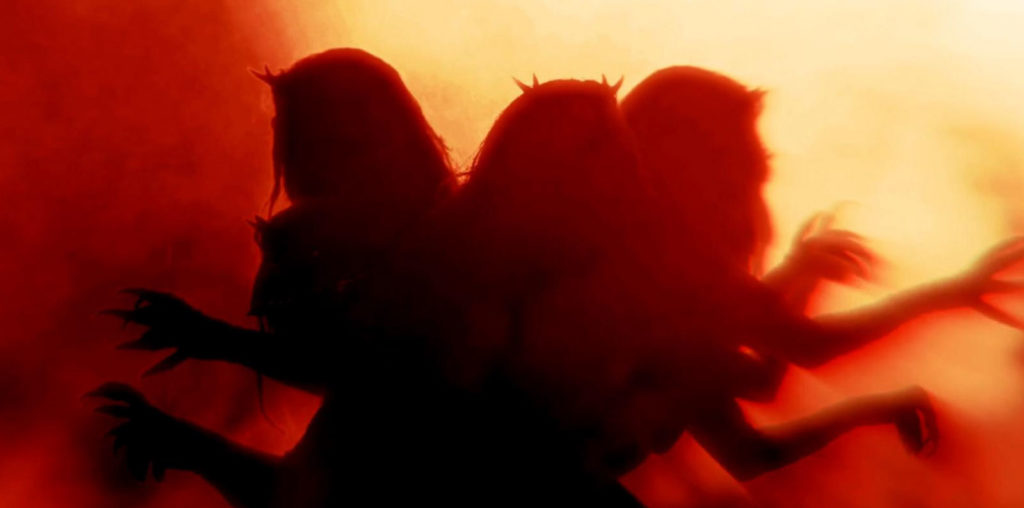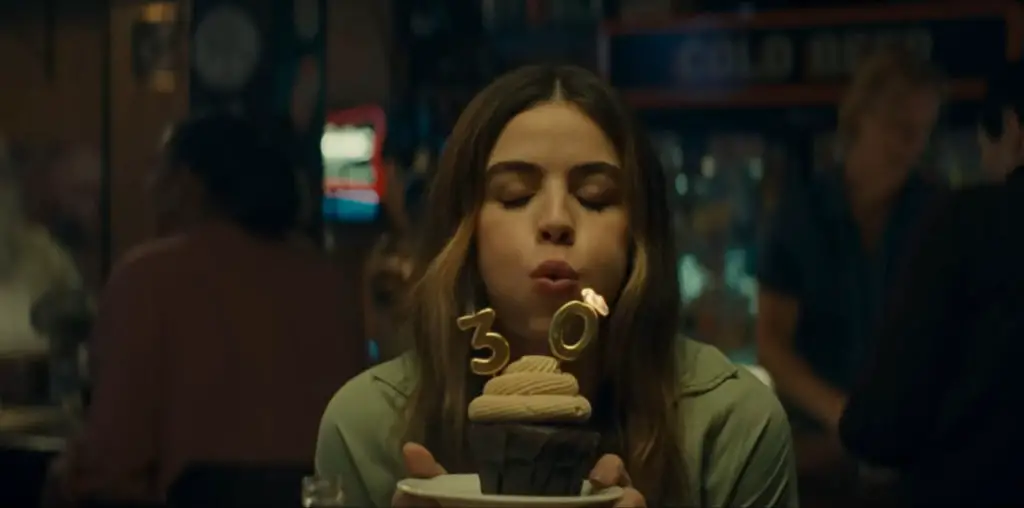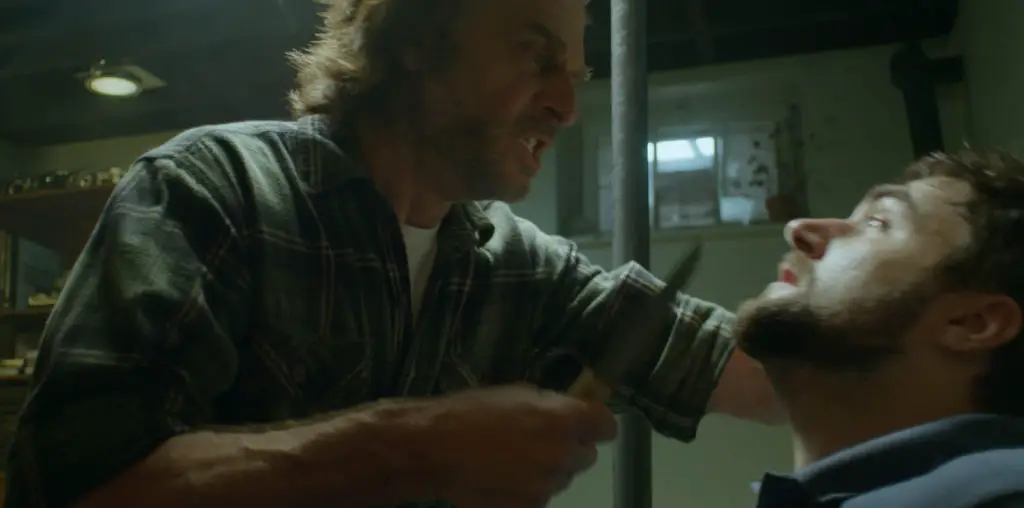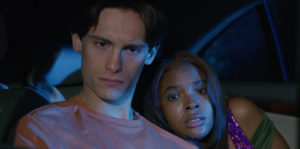
When it Rains in LA, directed by David M. Parks opens with Nate (Eric Roberts) walking towards the camera with some flowers. The street he is on is suburban America so the following aerial establishing shot of a village on the Amalfi Coast is jarring. Then we see a car containing the film’s protagonist, Sasha (Monroe Cline),supposedly on her way to the airport and America, but actually on a highway crammed with British traffic, presumably from a public domain film library. So from the first few seconds there seems to be a lack of care with which this production was composed.
Sadly, this is something that the cast can do nothing about, as good as they generally are. Despite their valiant efforts, this film spends its short 70-minute runtime failing to equate to anything like the supernatural thriller it aspires to be. Roberts, the most famous actor here, is given top billing then clutches his chest and dies before the opening credits. What kind of nonsense is that? His name in the credits was what led me to watch this, and I hope that I remain largely alone in that as a result.
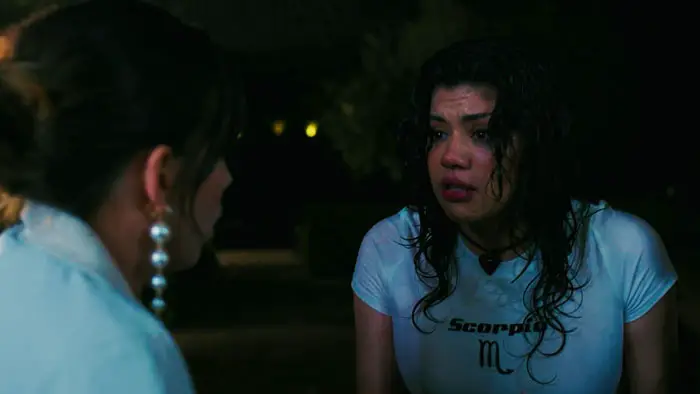
“…a mean and pointless story to do with revenge.”
When it Rains in LA was written by John Sillup, whose plotting is hard to determine. For the first hour, there is a series of portents, encounters, and introductions, yet there is little sense of a story developing. We are shown a couple of scary Mexican rain masks at the outset, which resemble props from Skyrim. Everything hinges upon them for some reason, yet they amount to nothing right up until they are deployed in the tame blood bath that makes up the denouement.
Due to the film’s structure and style, I have a nagging disinterest in further looking into the work of Parks. I found myself getting annoyed by pretty much everything. Even an insert shot of a drawer being opened felt inauthentic (a huge chef’s knife sits unnaturally atop the drawer’s dividers, presumably to draw attention to it). This lack of thought or care was persistent. In the next scene, a person hangs up on a call, and then the same number connects again in what seems under a second. A lot here just makes you doubt what you see or dislike it for not being better.
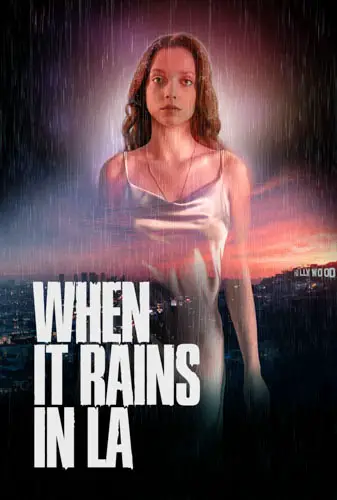
"…spends its short 70-minute runtime failing to equate to anything like the supernatural thriller it aspires to be."
